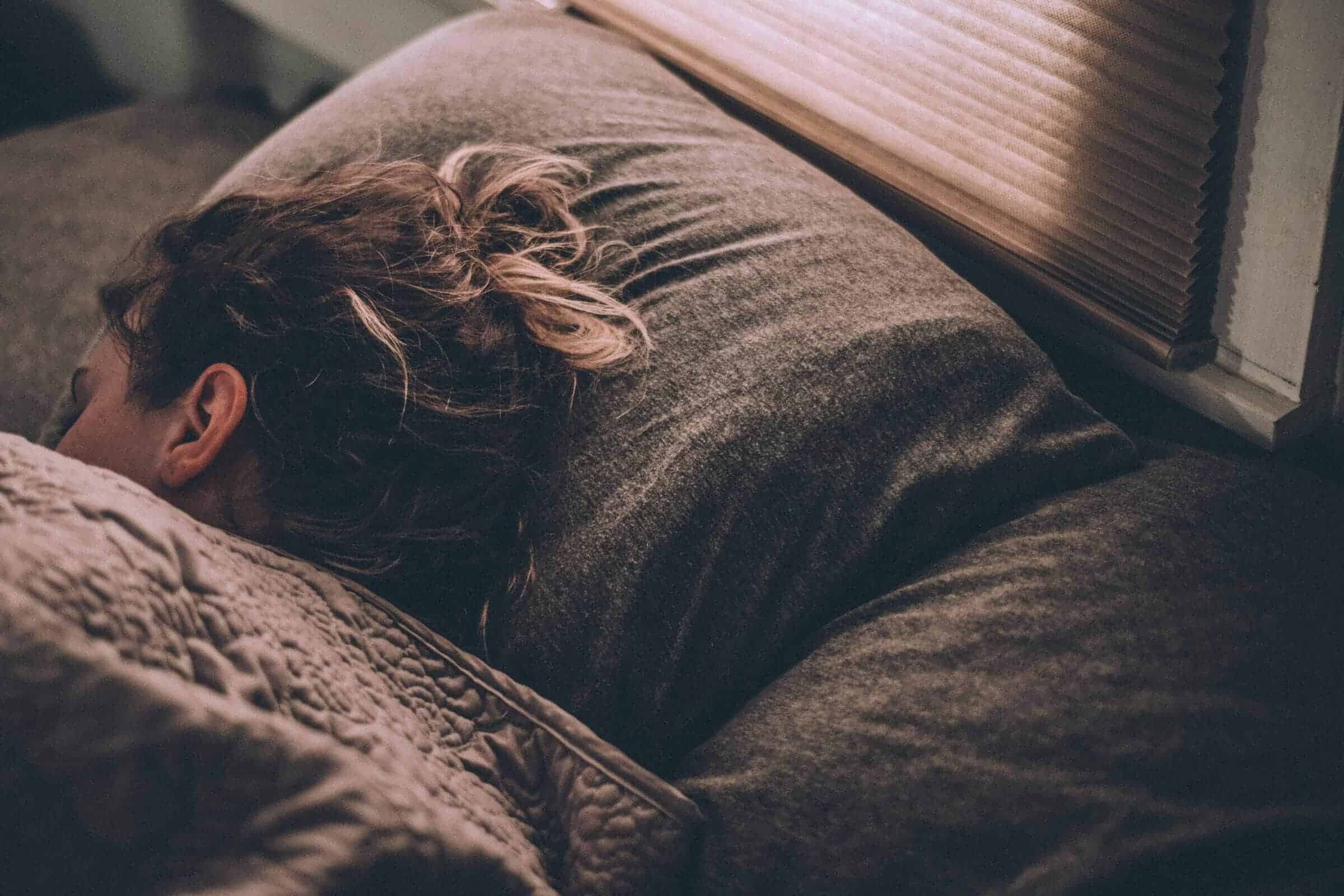How do you wake up cheerful after the first alarm clock and develop a habit of falling asleep quickly? Yikigai gives ten tips for those who have trouble sleeping and waking up.
Take a digital detox before you go to sleep.
About two hours before falling asleep, the brain begins to produce melatonin, the hormone responsible for switching between sleep and vigour. The screens of smartphones and computers emit blue light that reduces melatonin production and prevents sleep. If you absolutely have to use your smartphone or laptop during the night time, halve the brightness of your device or use software filters that reduce the blue light output. Specialists from Mayo Clinic believe that such measures will be enough to improve your sleep.
Dine with carbohydrates
Dense food requires more energy to digest and heats the body. It is best to eat light carbohydrate dinner. Japanese scientists at the University of Yamaguchi have found that following such diet helps to set up a biological clock. Carbohydrates increase insulin production, which in turn helps the body sleep.
Ensure complete silence
Noise distracts attention, prevents and reduces the quality of sleep. A group of scientists from the University of Alberta conducted an experiment in which they compared how people sleep in the hospital and at home. It turned out that in the hospital, people would wake up in a tired state. The authors of the study found that this is due to the increased noise in the hospital wards, where many people live.
Make friends with your daily rhythms
Your body has a biological clock that tells your body when to fall asleep or wake up. If you don’t listen to them, your sleep and your health, in general, will suffer. Stick to these habits to adjust your daily biorhythms:
- Go to bed and wake up at the same time;
- Darken the room before going to bed as this will help to produce enough melatonin. In the morning, on the contrary, go out into the light or turn on the lamp to wake up more quickly;
- Use your bed only for sleeping and sex. This way, you will develop a conditioned reflex in your brain that will help you fall asleep more quickly;
- Set a regular meal schedule, exercise and other activities. Among other things, exercise during the day helps to improve the quality of sleep at night;
Do not sleep during the day
Daytime sleep disrupts daily rhythms, especially if it lasts more than two hours or you sleep closer to the evening. After a bad night’s sleep, it is tempting to take a nap during the day, especially in the evening when you are tired. Try to avoid this so as not to disturb a healthy sleep cycle.
Don’t try to sleep on weekends
Whenever you don’t sleep well for a week, you comfort yourself with the thought of making up for your lost sleep over the weekend. However, recent research by scientists at the University of Colorado has found that this tactic is not working. You will not improve your condition if you do not sleep on weekdays and catch up on weekends. This practice destroys your biorhythms, and you’ll wake up sleepy anyway.
Cooldown your body
The sleep will deepen and you will wake up cheerful if you cool your body before you go to sleep. Keep the temperature in your bedroom around 16-19 degrees, which is optimal for sleeping. This is due to the fact that your body temperature drops during the night, reaching its lowest point around four o’clock in the morning. To fall asleep quickly, take a warm bath or shower. You will feel drowsy due to the large temperature difference between a warm bath and a cool bedroom.
In the morning, try to warm yourself up as quickly as possible to make you feel alive. Get out of the cool bedroom, exercise, have breakfast and drink something hot.
Sleep wearing your socks
This habit helps to regulate body temperature. Researchers at the Netherlands University of Neuronauke found that adults who wore socks in bed fell asleep faster. Warming their feet and hands dilates the surface blood vessels, called vasodilatation. This process increases heat production through the skin and helps reduce the temperature of internal organs. This, in turn, sends a signal to the brain that bedtime has come.
Sleep as long as your body needs
No matter how hard you try, if your body needs eight hours of sleep, you won’t feel awake after six hours. Scientists at the University of Western Ontario have determined the optimal length of sleep to be 7-8 hours. Brain productivity is decreasing for those who are awake and those who sleep more.
Have breakfast after you wake up
Apart from light, food affects biological rhythms. If you get used to eating after waking up, your body will wake up not only from changes in light and temperature but also from hunger. In addition, breakfast will activate the body’s natural rhythm.



